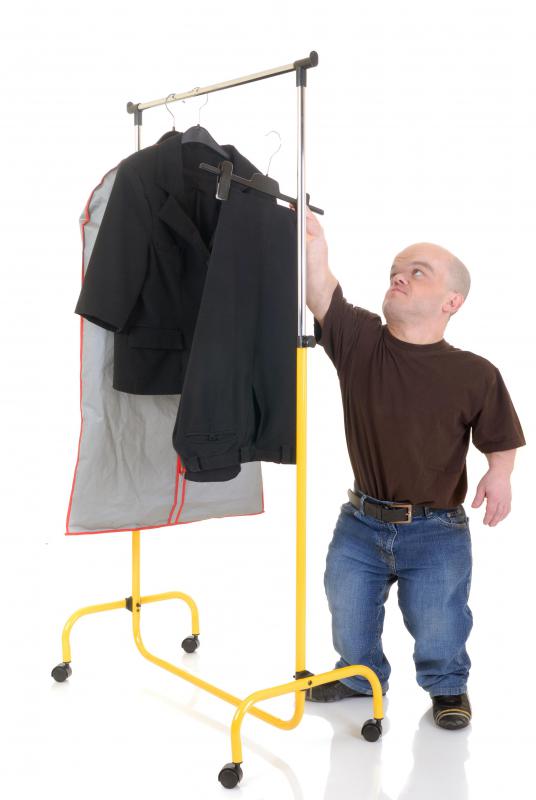At PracticalAdultInsights, we're committed to delivering accurate, trustworthy information. Our expert-authored content is rigorously fact-checked and sourced from credible authorities. Discover how we uphold the highest standards in providing you with reliable knowledge.
What Are the Different Types of Assistive Technology Jobs?
The different types of assistive technology jobs include those of evaluation specialists and assistive technology instructors. Some disability services departments in colleges can also have some entry-level jobs in alternate text production. Assistive technology jobs typically require a working knowledge of various devices and software, and most instructors have advanced degrees as well as technology certifications in this specific area. Disability specialists usually have masters' degrees in special education or a related field along with a good background in working with assistive technology.
Individuals using assistive technology first need to be paired with the devices and software programs that best fit their individual abilities, needs, and goals. This measure is particularly important in school settings where students with disabilities need to be matched with technology that will help them learn the academic skills they will need to be competitive in the job market. Evaluation specialist positions are among the most common types of assistive technology jobs available in schools, and their main objective is to create individual plans for each referred student that include the use of software programs designed to compensate for certain limitations.

Assistive technology jobs as instructors can be found in both schools and in non-profit community assistive technology centers. An instructor typically has a high level of software knowledge and may sometimes have a computer science background. The main role of these jobs is to teach individuals effective use of their assistive technology devices and software from beginner to advanced levels. Instruction can be in group settings or by individual appointments. This type of assistive technology career also requires a good working knowledge of various disabilities and of how to effectively communicate lessons to individuals with limitations.

College students with documented learning disabilities or visual impairments often need their textbooks converted to audio recordings. Particularly large institutions with a high demand for this service may employ technicians in these kinds of assistive technology jobs. Responsibilities often entail obtaining the proper use permissions from book publishers, downloading electronic text files, and making audio files out of written pages with specialized software. A college degree is normally not required but can be helpful for this position, and new hires often take a few relevant assistive technology training courses to ensure proficiency in working with the related text-to-speech software. A technician does not normally teach or advise students, though this assistive technology job can be a good entry to this career field.
AS FEATURED ON:
AS FEATURED ON:












Discuss this Article
Post your comments